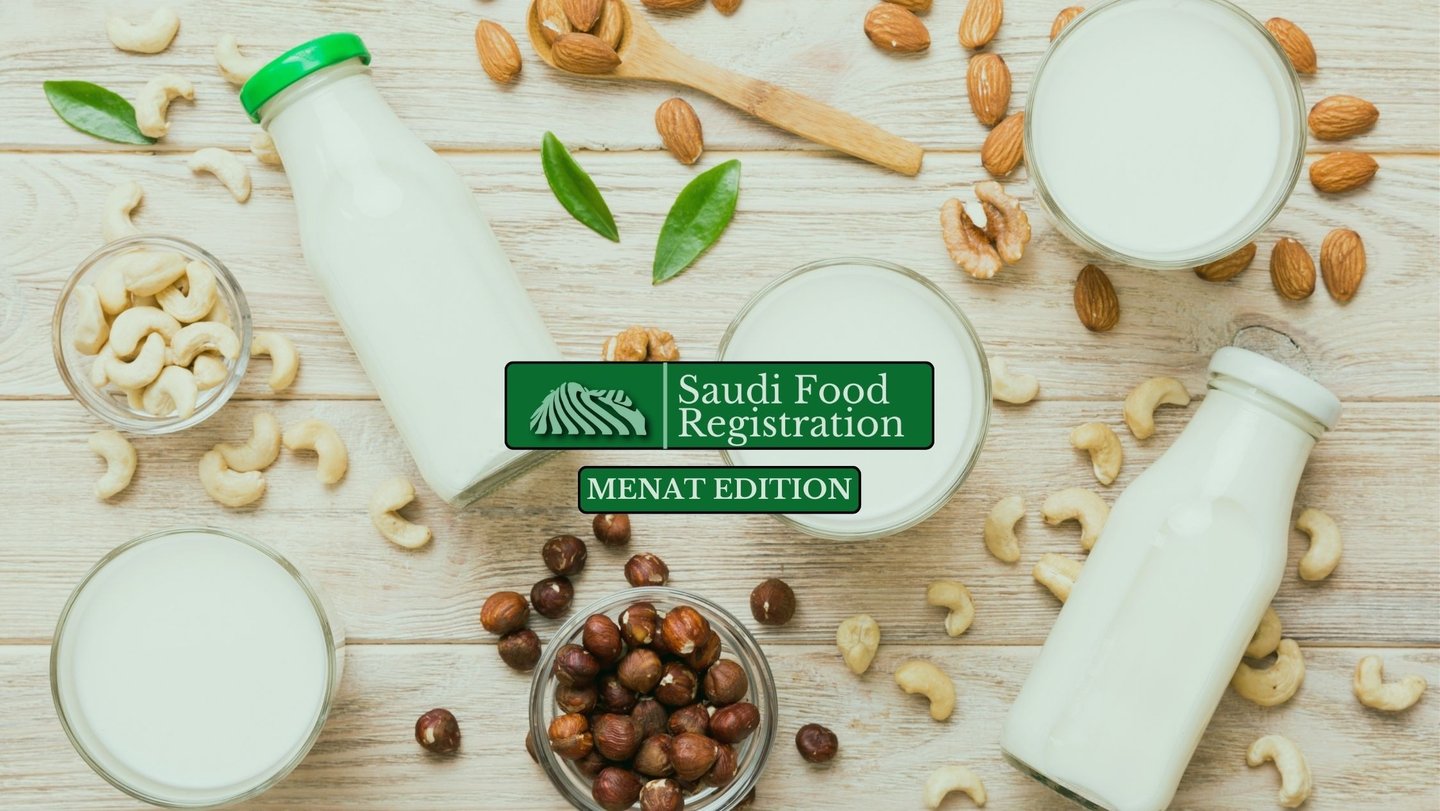Menat Protein Registration
Learn how to register alternative proteins in MENAT with Saudi Food Registration, get regulatory guidance, Halal certification, and learn compliance strategies.
1/27/20252 min read


Registering Alternative Proteins & Plant-Based Foods in MENAT
The MENAT region (Middle East, North Africa, and Turkey) is rapidly evolving in the alternative proteins and plant-based food industry.
Driven by rising consumer demand, sustainability efforts, and regulatory advancements, businesses seeking to enter these markets must navigate a diverse set of food safety, Halal certification, and labeling regulations.
Understanding the distinct regulatory landscape in each country is essential for ensuring a smooth and compliant market entry.
Regulatory Landscape for Alternative Proteins in MENAT
Each country in MENAT has distinct food safety authorities overseeing alternative protein approvals. These regulatory bodies enforce strict guidelines on food safety, novel food classification, and Halal compliance:
SFDA – Saudi Food & Drug Authority (Saudi Arabia), which sets strict guidelines on food safety and Halal certification.
ESMA – Emirates Authority for Standardization & Metrology (UAE), ensuring compliance with food safety regulations and labeling requirements.
NFSA – National Food Safety Authority (Egypt), overseeing the safety and certification of alternative proteins in the Egyptian market.
JFDA – Jordan Food & Drug Administration, regulating food safety and Halal requirements for plant-based and alternative proteins.
Turkish Food Codex – Turkey’s regulatory framework, governing food safety, labeling, and compliance for alternative protein products.
Understanding the requirements of each authority is key for manufacturers looking to launch lab-grown meats, plant-based products, and alternative proteins in the MENAT region.
Compliance Requirements for Alternative Proteins & Plant-Based Foods
To successfully introduce alternative proteins and plant-based foods into MENAT markets, businesses must comply with a variety of regulatory requirements. These include:
Ingredient Approval & Safety Testing – Regulatory bodies require comprehensive safety data and risk assessments for novel ingredients. Scientific validation ensures food safety and adherence to public health standards.
Labeling & Marketing Regulations – Products must comply with bilingual labeling rules, allergen declarations, and restrictions on health claims.
Halal Certification Standards – Since Halal compliance is a major factor in MENAT, businesses must work with accredited Halal certification bodies to ensure their products meet religious dietary laws.
Import & Manufacturing Approvals – Food imports must comply with Good Manufacturing Practices (GMP), supplier verification requirements, and country-specific import documentation.
Navigating these compliance requirements efficiently can prevent costly delays and market access issues.
Key Challenges in MENAT Market Entry
The regulatory landscape in MENAT presents unique challenges for companies introducing alternative proteins:
Different regulatory standards across MENAT countries
✔ Solution: Conduct thorough regulatory research in each country before entering the market to understand varying compliance needs.
Halal certification complexities for cultured meat & alternative proteins
✔ Solution: Work with regionally approved Halal certification bodies to ensure compliance and avoid potential regulatory issues.
Lengthy approval timelines due to novel food classification
✔ Solution: Partner with regulatory consultants to help streamline applications and speed up approvals.
Best Practices for Alternative Protein Registration in MENAT
To ensure a smooth regulatory process and successful market entry, businesses should:
Conduct market research to identify regulatory differences across MENAT countries.
Prepare detailed safety documentation to meet country-specific compliance standards.
Secure Halal certification from authorized certification bodies to guarantee consumer trust.
Ensure accurate labeling that meets bilingual, nutritional, and regulatory requirements.
Work with food registration consultants who specialize in navigating MENAT’s complex regulatory landscape.
How Saudi Food Registration Supports MENAT Compliance
Saudi Food Registration provides expert regulatory guidance for businesses entering the MENAT alternative protein market.
Our services include:
Alternative Protein Registration Support – Helping businesses meet food safety and regulatory requirements in MENAT countries.
Halal Certification & Compliance Assistance – Ensuring products meet Halal standards across various jurisdictions.
Labeling & Documentation Review – Assisting businesses in meeting bilingual labeling and marketing claim regulations.
Related Reads
Food Labeling Compliance Across MENAT – Understanding bilingual labeling rules and allergen declaration requirements.
MRL Compliance in Saudi Arabia – Ensuring food safety by meeting Maximum Residue Limits in alternative protein products.
Navigating Novel Food Approvals in MENAT – A guide to getting innovative food products approved in the region.
